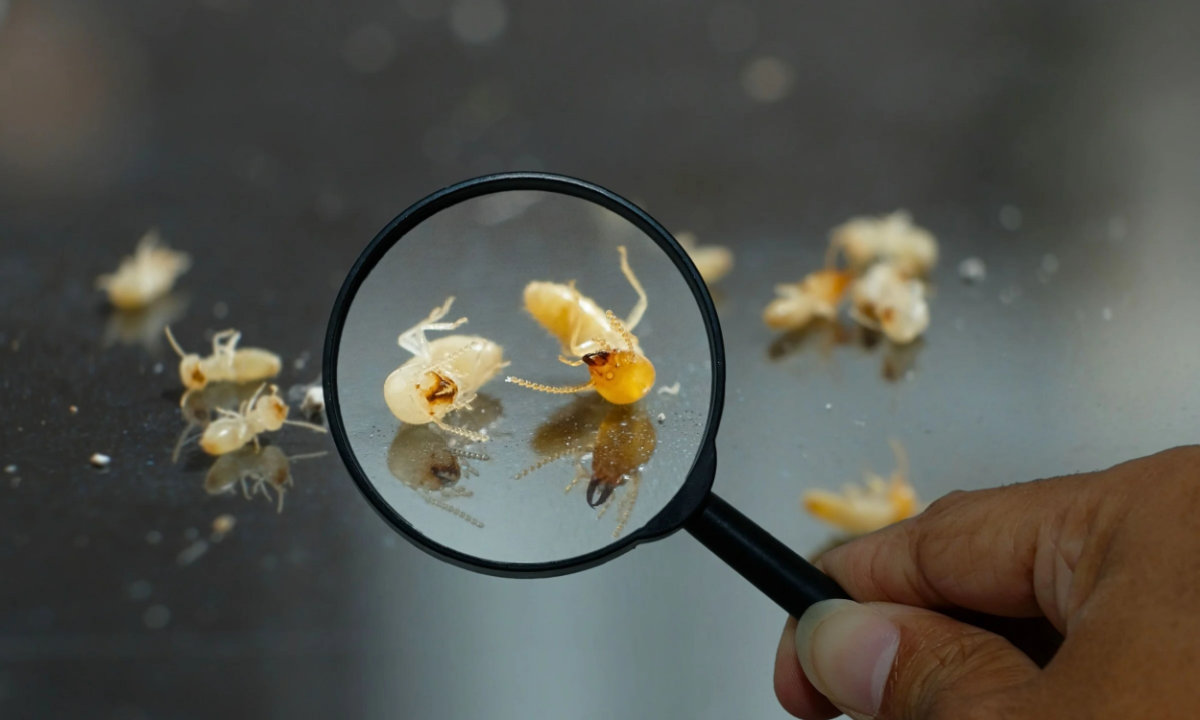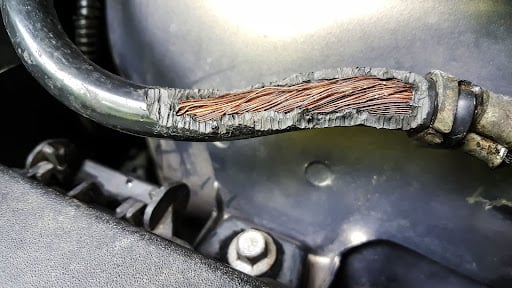The growing cultural shift toward sustainability and eco-friendly products has radically transformed the pest control industry.
Long past are the days of using fumigation and tents to control every sort of pest outbreak. Nowadays, most pest control companies place special emphasis on the products they use and their safety, adopting an approach of active pest management rather than complete extermination.
Not only is this approach safer for humans and their pets, but it’s also more cost-effective and just as efficacious.
Unfortunately, this movement has created an opportunity for many exterminators to advertise their products as all-natural, green, and eco-friendly when they often aren’t.
As we will dispel in this article, the term “natural” is fairly ambiguous, and many natural pest control methods are not as safe as you think.
What Is Natural Pest Control and Is it Really Safe or Natural?
Natural pest control is an approach to pest control that utilizes non-toxic and organic ingredients in order to prevent or eliminate pests altogether.
Many preventative measures, such as dichotomous earth and neem oil, are considered non-toxic and organic ingredients that are effective against minor nuisance pests. However, many of these ingredients only work for DIY prevention and rarely for full-blown infestations.
For this reason, many people turn to pest control companies that advertise their products as all-natural and eco-friendly. Here’s the problem, though. Many of the chemicals and pest control methods they use are still toxic and often derived from synthetic compounds.
For example, boric acid is often advertised as an organic compound, although it is considered toxic for human inhalation at high doses.
Another problem with natural pest control methods is that they require heavier quantities to be more effective. For example, Pyrethrum is the organic version of the insecticide pyrethrin. While the former is considered slightly less toxic than the latter, both are derived from the same plant, and the former requires greater usage to be effective.
As a result, Pyrethrum could become more toxic by requiring residents to spray it more on surfaces within their property than its synthetic counterpart.
One Washington Post report even found that companies who advertise themselves as green still rely on the same synthetic compounds that are used universally across the industry. The report even found that many companies will call themselves green because they recycle their paper, having nothing to do with the compounds they use on the job.
In reality, any claims by a pest company that they use all-natural ingredients are dubious, and if they do, they are likely still toxic and more ineffective than traditional synthetic compounds.
How Pest Control Has Shifted to Management
Nevertheless, this doesn’t mean that many exterminators have not made the switch away from many toxic ingredients toward a safer approach. One way exterminators have accomplished this is through active pest management.
Whether done through a pest control monthly maintenance plan or multiple visits to treat an infestation, many exterminators have adopted methods to control and combat an infestation rather than killing everything at once with harsh chemicals.
In the northeast, pest management is the preferred method for dealing with subterranean termites that are easier to handle with bait traps and liquid poisons.
What Is Integrated Pest Management (IPM)?
Spearheading the organic pest control movement is a new practice referred to as integrated pest management (IPM). IPM is an ecologically-based approach to pest control that seeks to preserve ecological habitats long-term through ongoing pest prevention and management.
Rather than using harsh synthetic chemicals to kill insects randomly, IPM uses several techniques, such as biological controls and habitat management, to prevent pests from infesting desired areas.
For example, an IPM approach to pest management may involve planting herbs like Mint and Basil to prevent pests from eating up your tomato plants. Another example could be something so simple as caulking cracks where ants can enter or setting up mechanical traps to catch rodents.
How Effective Are Natural Pest Remedies?
If you wish to use natural pest remedies yourself for DIY pest control, it’s important to know when to use natural remedies and when to call an exterminator.
Early on, amid a potential infestation, neem oil, water and dish soap, and other organic measures can be effective. However, if the infestation grows, you need to call an exterminator.
Furthermore, certain pests like cockroaches and termites should require immediate treatment as these creatures can damage your home and are very social. This means spotting one cockroach or termite means there are more.
Generally, natural pest control methods can be effective preventative measures but rarely work to curb a full-on infestation. In cases like that, we highly recommend calling your local exterminator to help you.
Natural pest control methods are rarely effective for stopping full-on infestations, and companies that market their products as all-natural or non-toxic are probably lying.
Instead, look for a company that practices IPM, like Anchor Pest Control. IPM helps ensure the safety of your home and surrounding habitats while dealing with pest infestations easily and effectively.
FAQs: Natural Pest Control
-
What pest is the hardest to get rid of?
While every pest comes with its own headaches, termites are considered one of the toughest. Thanks to their amazing burrowing abilities, they often hide in walls and sometimes as deep in your home as the foundation, making treatment especially difficult to reach these pesky bugs.
-
Is vinegar an effective insecticide?
Vinegar is typically potent enough to kill and repel lots of nuisance pests like fruit flies, ants, and mosquitos. However, vinegar is not powerful enough to deal with cockroaches or bed bugs.
-
How do you repel pests naturally?
Blocking entrances and exits, spraying essential oils, and lining your property with dichotomous earth are all great ways to naturally propel pests. However, nothing is more effective than keeping a clean home and yard.



